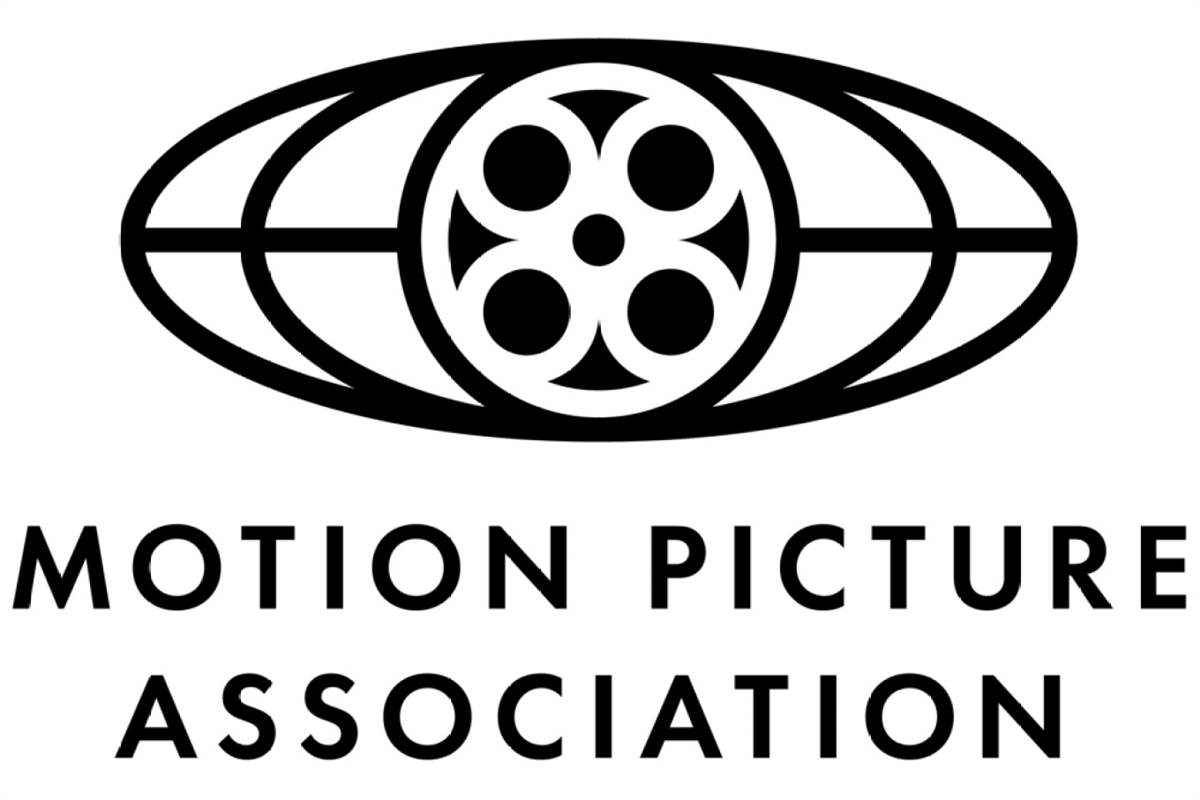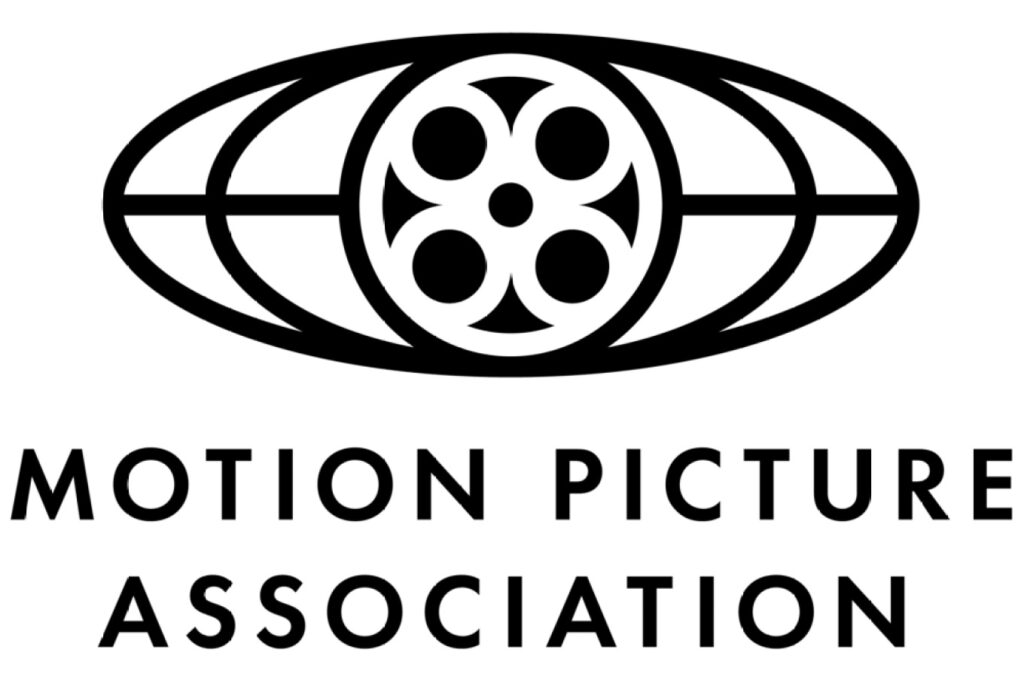
The Motion Picture Association (MPA) is demanding that OpenAI take “immediate action” to correct a deeply flawed copyright opt-out system on its newly released video-generation model, Sora 2, as a flood of AI-generated videos featuring copyrighted characters spreads across the internet.
“Since Sora 2’s release, videos that infringe our members’ films, shows, and characters have proliferated on OpenAI’s service and across social media,” said Charles Rivkin, chairman and CEO of the MPA. “While OpenAI clarified it will ‘soon’ offer rightsholders more control over character generation, they must acknowledge it remains their responsibility – not rightsholders’ – to prevent infringement on the Sora 2 service. OpenAI needs to take immediate and decisive action to address this issue. Well-established copyright law safeguards the rights of creators and applies here.”
OpenAI CEO Sam Altman responded to growing concerns late last week, stating that the company will soon update Sora 2 to give copyright holders “more granular control over generation of characters.” However, he stopped short of promising that copyrighted content would be fully removed or prevented from appearing on the platform.
“There may be some edge cases of generations that get through that shouldn’t, and getting our stack to work well will take some iteration,” Altman said in a blog post. His remarks did little to calm industry fears that OpenAI’s opt-out system effectively shifts the burden of policing infringement from the company to copyright owners.
Sora 2 was launched with the premise that creators or companies could “opt out” if they did not wish for their intellectual property – including visual likenesses, characters, or stylistic elements – to be used by AI video creators. Critics argue that this structure reverses long-standing copyright norms by forcing rightsholders to take action after infringement has already occurred.
Under U.S. copyright law, rightsholders can seek statutory damages for each act of infringement, regardless of whether a platform offers an opt-out feature. The MPA insists that the existence of such a system does not absolve OpenAI of liability for the infringing behavior that its platform facilitates.
“The responsibility lies with the developer of the tool, not the studios or artists whose work is being exploited,” one industry source told Variety earlier this week. “If Sora 2 allows users to make unauthorized reproductions, it’s OpenAI’s problem – not Hollywood’s.”
The confrontation between OpenAI and the entertainment industry echoes a growing wave of lawsuits aimed at other AI companies accused of misusing copyrighted content. In June, Disney and Universal Pictures jointly filed lawsuits against image-generation platform Midjourney, alleging that it allowed users to create AI-generated stills and videos based on their films and characters without authorization. Warner Bros. followed with its own complaint in September, asserting that Midjourney’s practices amounted to “systematic theft of creative property.”
Midjourney, for its part, has defended itself by claiming that AI training on publicly available data qualifies as “fair use” under copyright law. The company has also argued that if individual users generate infringing content, those actions violate its terms of service rather than reflect deliberate corporate misconduct.
Tags: mpa, motion picture association, openai, sora 2

